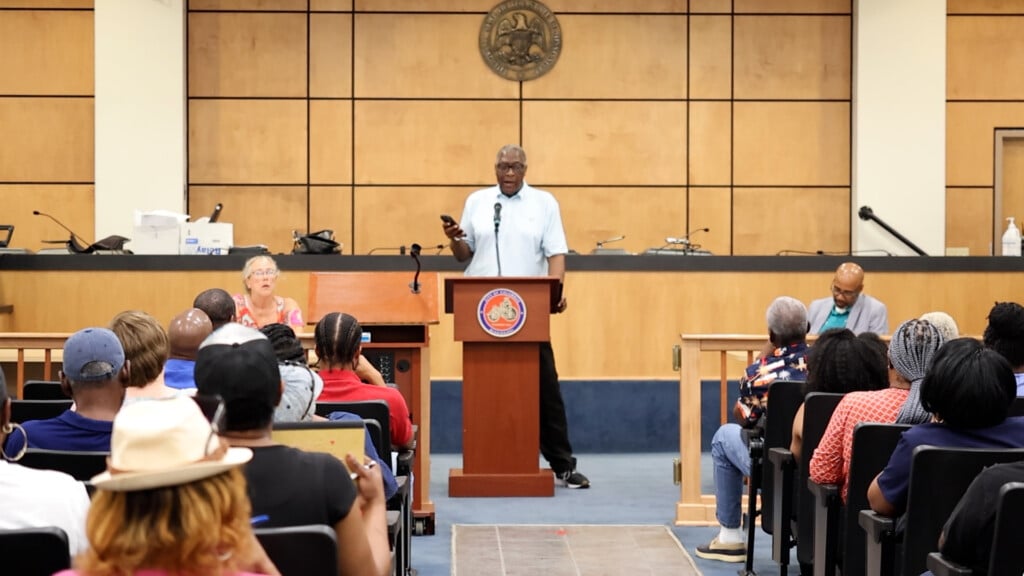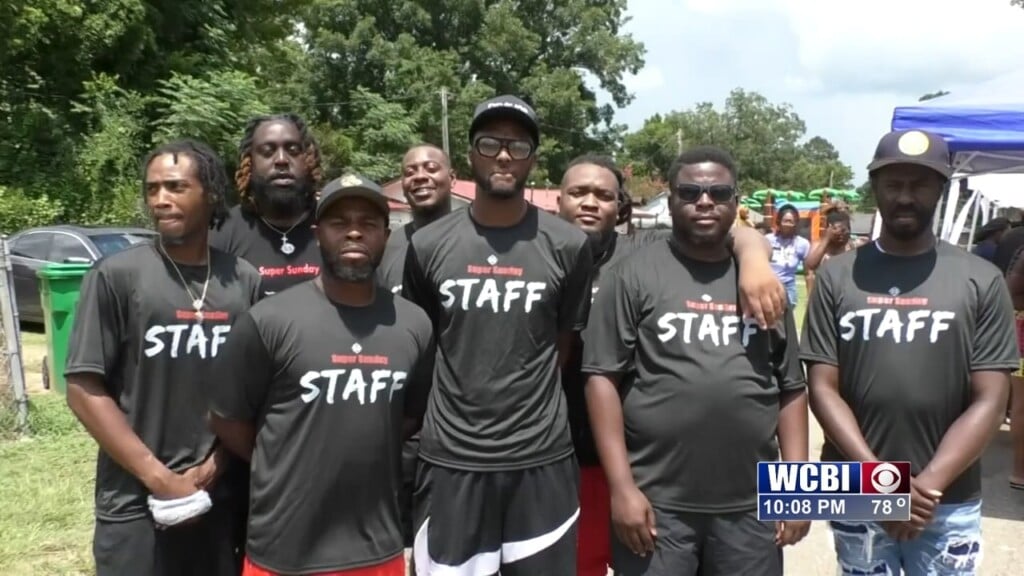Combating The Opioid Crisis in The Magnolia State
LOWNDES and CHICKASAW COUNTY, Miss. (WCBI) – As concern grows over the abuse of opioid pain killers across the nation, the Governor’s Opioid and Heroin Study Task Force says Mississippi is making some progress combating it.
The Vice Chair of the task force team says Mississippi has a large number of people in the state who have an opioid use disorder.
He says that number is in the hundreds of thousands.
Mississippi is taking measures to help stem what some call an opioid crisis in the state.
Several bills have been proposed in the legislature, but few have passed.
So, the state is trying a different approach.
“We have some rules and regulations that are now at the Occupational Licensing Review Board and when that’s approved, those will go into effect and they will be pretty stringent in terms of how people prescribe and what they prescribe, so we think that’s going to be a step in the right direction,” says Dr. Randy Easterling.
Vice Chair of the task force, Dr. Randy Easterling, says the state is working to combine medicine, law enforcement and pharmacy to help fight the battle.
Easterling says it’s a first for Mississippi.
“If you’re treating chronic pain, chronic non-cancer, non-terminal pain, now that doesn’t affect hospice, doesn’t affect cancer patients, then you’ll have to drug test those patients with a point of service drug test, at least three times a year.”
Chickasaw County Sheriff James Meyers says it will take a group effort to get the epidemic under control.
“They’ll be able to tell by the levels in their blood, whether they’re using the right amount. You know, if a prescription says once, twice a day, you know, if they’re using six times a day, they’ll see right quick that they’re over medicating themselves.”
On top of serving on the task force and state medical board, Dr. Easterling is also an addiction specialist.
He says not taking that patient information is a small part of the reason why we have the problem we have with opioids.
“You’re also going to have to run a prescription monitoring program on top of that. We feel very strongly that we’re asking our licensees to do, the doctors in the state, is simply get more information on their patients. This is information we have not gotten before. I’ve practiced medicine for 31 years and it’s not something that’s been expected.”
Meyers believes the regulations could bring some improvements.
“Folks that need medication, you know, they will get their medication, but I think it’s just, there’s going to be some more guidelines that’s going to tighten it up, and like I said before, you know, if somebody is doing it for legitimate reasons you know, they don’t mind going through that extra step to get their medication.”
The state recently received a federal grant that will train officers on how to treat opioid overdoses and treatments.
Sheriff Meyers says his guys will receive the training on Wednesday.





Leave a Reply